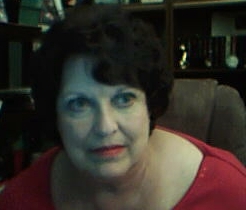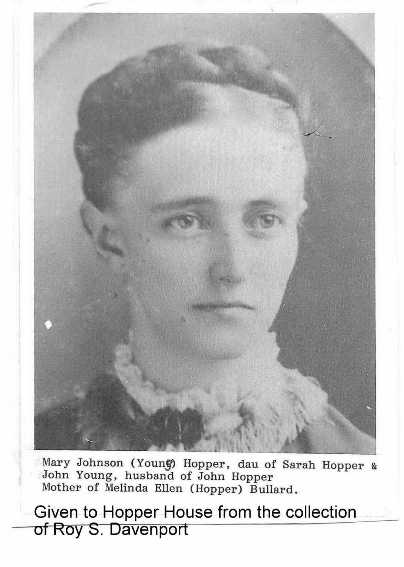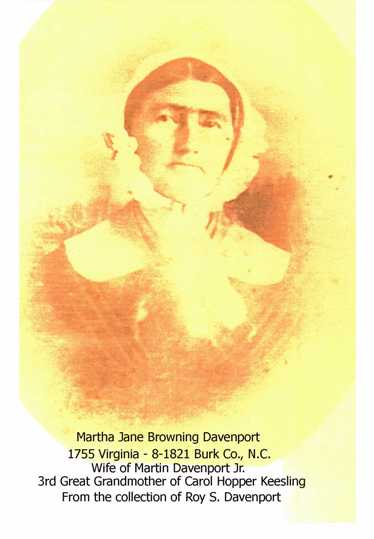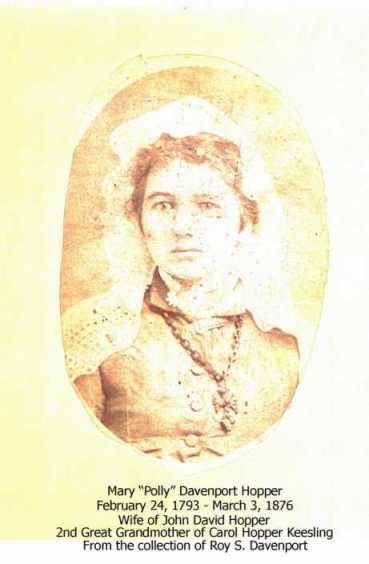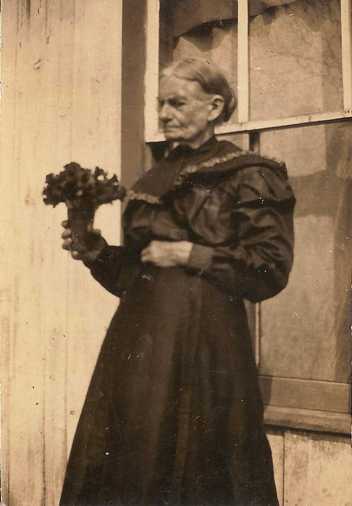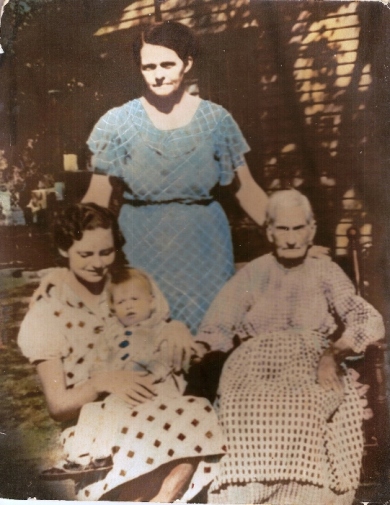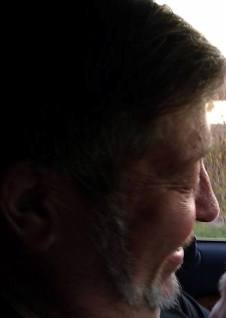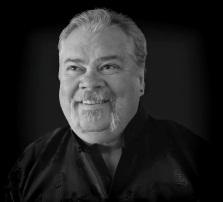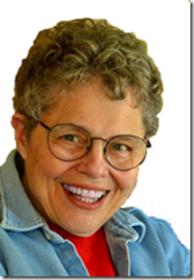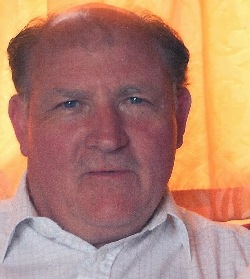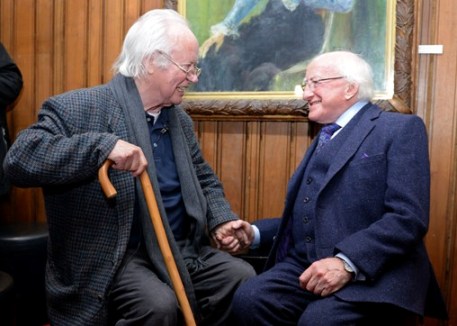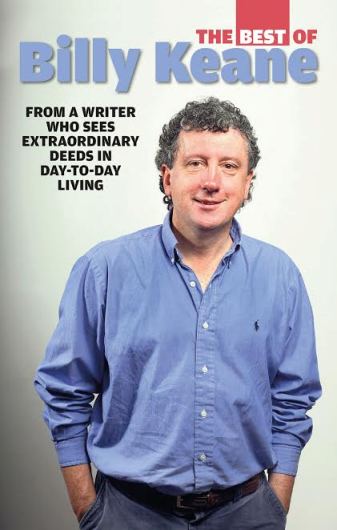Defined, Historical Background, Principles, and Anything Else You Wanted to Know but Didn't Ask
Simply Defined
ASTROLOGY - The use of Astronomical Phenomena to predict
earthly and human events, in terms of an assumed theoretical system. In
its earliest forms it consisted of simple omens that Seers read from the
sky. In its mature form it analyzes the supposed effects of the Sun,
Moon, Planets, and Stars, on Earth for a specific time and place.
Although earlier, sometimes the meanings of astrology
and astronomy overlapped, Astronomy now concerns itself only with
determining the positions and physical properties of celestial bodies.
Astrology, on the other hand, assumed that a generalized celestial
influence affected weather, crops and other phenomena related to whole
nations of people.
ASTROLOGERS - Make specific predictions for an individual (for instance) based on planetary positions about an individual.
History
Humans have looked to the sky for guidance on earthly
matters since the Third Millennium BC. Astrology probably started with
the Phoenicians who explored the Mediterranean Sea using the stars as
their guide and began naming Constellations of stars that looked like
figures of gods. They read good or bad omens in them by what happened on
their voyages.
The ancient Babylonians named their gods by the seasons
and by the activities of the sun, moon and stars. They knew of five
planets (Mercury, Venus, Mars, Jupiter, and Saturn) in ancient Babylon.
Seers were consulted by the rulers to determine good or bad times based
on planetary and stellar observations. They associated seasonal changes
with groups of stars (Constellations).
Up until about 300 BC, Astrology was used to make
general predictions not for individual horoscopes, except for royalty.
The earliest known horoscope incorporating the principles of mature
astrology dates from 409 BC.
From Babylon Astrology spread to India and China where different but related traditions grew up.
Astrology reached Greece about 500 BC but didn't
flourish until after the death of Alexander (323 BC). During that time
of great u ncertainty Aeno founded the Stoic School, believing that man
was powerless in the face of his personal fate. Zeno said, "If man can
understand how the universe works, he can live in time with it."
Astrology flourished in Imperial Rome under the reign
of Tiberius. The Roman names of the planets and signs of the Zodiac are
still used today. In the 2nd century AD the astronomer, Claudius
Ptolemy, prefaced his "Tetrabiblos" with a defense of Astrology that
proved influential. He also is credited with refining Astrological
calculations. Early Christians were not opposed to the study, but later
rejected it because of its pagan roots.
After the fall of the Roman Empire, Astrology declined
in the Latin West but flourished in the hands of the conquerors of the
Eastern Empire. In Europe, with the establishment of the Roman Church,
Astrology was rejected. (St.) Ignatius viewed both Astronomy and
Astrology, indeed all science, as an enemy of belief. His influence kept
Astrology out of Europe until the 12th century. Though banned, it
continued to be practiced and developed by non-Christians and Arabs.
In the Middle Ages when Western Europe was strongly
affected by Islamac Science, Astrology regained its popularity. Among
its many adherents were Thomas Aquinas and Dante.
By the time of the Renaissance, the first Chancellor of
the new University of Oxford, Roberto Grosseteste, thought Astrology
could be used for almost anything from agriculture to alchemy to
medicine to weather forecasting. Chaucer was well-versed in the Zodiac,
and even Martin Luther wrote about it favorably. In the 15th and 16th
centuries Roman Popes consulted Astrologers.
At the end of the 17th century, Astrology was
considered a pseudo-science by almost all learned people. Scientific
knowledge in the 18th century began to shake superstition off its heels.
New planets were discovered, Uranus in 1781, Neptune in 1846 and Pluto
in 1930. Though these planets were given Roman names to match those of
their heavenly cousins, they were associated with modern inventions such
as the industrial age (Uranus) and nuclear weapons (Pluto).
Since the 18th century, new discoveries and
technologies have raised doubts about whether the heavens were created
to direct changes on earth. No longer is there a Sun-centered Universe.
Today, Astrology is opposed to the Modern Christian Doctrine of divine
intervention and human free will.
Evangeline Adams, who brought Astrology to the masses
in the 20th century and counseled Enrico Caruso, Mary Pickford, and J.
P. Morgan, was arrested in 1904 for Fortune Telling. After hearing her
conduct her own defense, a New York judge ruled to raise Astrology to
the "dignity of an exact science." Nowadays, no one gets burned at the
stake for believing in Astrology, but the Church still isn't very keen
on it.
In 1928 the American Federation of Astrologers was
founded with the intention of disassociating Astrology with Magic.
Newspaper star columns were launched in the U.S. and Europe during the
1930s. Today Astrology continues to be disdained by some, while others
use it either to make important decisions, or simply as a form of
entertainment.
Principles
In addition to the purported effects of planets on the
weather, body types and personality, Astrology also has to take into
account the new relationships continually being set up among celestial
bodies. To do this it uses the 12 SIGNS OF THE ZODIAC.
ASPECTS are special angles that allow for a
discontinuity in astrological influences. For example, there is supposed
to be an effect when two planets are 60 degrees apart, but then of
relatively little effect until a separation of 90 degrees occurs.
Ptolemaic Astrology recognized four aspects: 180 degrees, 120 degrees,
90 degrees, and 60 degrees. More were added by Johanas Kepler and other
astronomers.
An Astrological column in a newspaper today is
generally based on the Sign of the Zodiac in which the sun was located
when a person was born. A simplified form of Astrology, it implies that
all people born under the same sign anywhere in the world at any time,
share common characteristics and that their daily activities should be
so guided. A more individual analysis is possible when casting the
Horoscope by noting the relationship of the Sun, Moon, Planets and Signs
of the Zodiac to the time and place of one's birth.
Starting with the ascendant, the ecliptic is divided
into twelve divisions called HOUSES. Unlike the Zodiacal signs which
represent the annual cycle of the Sun, the heavens rotate behind the
imaginary grid of houses once every day )reflecting the Earth's daily
rotation), and in a unique manner for every place on Earth. Each of the
twelve houses is significant for some phase of human existence. The
Astrological judgment is rendered by examining what celestial bodies
fall into which houses. Only individuals born at the same place and at
the same time would have exactly the same Astrological inheritance.
Horoscopes can be cast on numerous occasions to decide
the fate of both nations and individuals. Most familiar is the casting
of a Horoscope based on the conception or birth of a child, the
so-called Natal Horoscope.
From a Horoscope the Astrologer may determine, through a
technique known as directing, when a predicted event may befall the
subject. In all methods of directing a point on the ecliptic is chosen,
and an arc related to it is used to give a time span. For example, one
degree of arc may be taken to mean one year of life.
Through the technique of election, an Astrologer
counsels an individual on the choice of propitious moments. The election
is usually related in some way to the person's nativity. Even without
knowing his or her nativity, a person could supposedly come to some
understanding of the effect of the heavens on his or her life through
hoary questions. For example, a Horoscope is cast at a time when a
pressing question arises, such as whether a business enterprise will be
successful.
Validity
For centuries, critics have attacked Astrology on
scientific grounds, questioning the means by which celestial influences
could occur; and on moral grounds, since many view humans as creatures
of free will.
On their side, Astrologers, past and present, have
often sought to imply that empirical evidence establishes the existence
of heavenly influences. They held that erroneous predictions could be
attributed to the complexity of the study. Some practitioners have even
thought that Astrological Theories should be modified.
Although Astrology has persisted to the present day,
enjoying greater popularity in some countries than in others, it has
never attracted more than an occasional scientist to its ranks since the
17th century. Periods of resurgence may correspond with times of
uncertainty, especially when science and technology seem unable to
provide acceptable solutions to pressing problems and when many people
seem to seek a more mystical and spiritual mode of understanding the
world. Many contemporary works of Astrology use the terminology of
recent psychological theories.
Bibliography
If you have seen your star chart or that of a friend and
then want to know "But what does it all mean?" A good reference for
interpreting Horoscopes and Aspects is
Heaven Knows What by Grant Lewis. Its companion volume for transits and planetary sign positions is
Astrology For The Millions. Two other fine books for interpretations are
Planets In Aspect and
Planets In Houses by Robert Pelletier. A detailed book on synestry and relationships is
The Astrology of Human Relationships by Frances Sakoian & Louis Acker. A recent comprehensive book of transit interpretations is Robert Hand's
Planets In Transit. History and background:
The World Book Encyclopedia.
Glossary of Basic Astrology Terms
Ascendant: The ZODIAC SIGN rising on the eastern
horizon at the time and place of birth, also the longitude (in degrees)
of the point on the eastern horizon.
Aspect: Relative position of two or more planets, such as conjunctions.
Calendar: from the Latin, "Calendae," the first
day of a Roman Month when future market days and feasts were proclaimed.
A calender is a system, defined by rules, for designating the year, and
assigning days to these units. It's also a way of grouping days in ways
convenient to regulate civil or religious life. The rudiments of a
calendric system were constructed long ago when stone alignments and
stone circles (Stonehenge) were used to determine the length of the
solar year by marking the progress of the Sun along the horizon.
Early calendars (Babylonian about 2000 BC) were based
on Lunar cycles, 28 to 29 days. Some had 12 or 13 months (Jewish) which
later proved inaccurate. In 46 BC Julius Caesar recognized the fact that
a Solar Calendar would be more accurate and developed the Julian
Calendar. It had provisions for 365 or 366 days. It remained fairly
accurate until the time of Pope Gregory in 1582 when a more accurate
updated version (Gregorian Calendar) went into effect.
In the 1582 Gregorian Calendar, the month October lost
ten days to make up for previous inaccuracies. Since that time the
calendar has remained fairly stable with only minor adjustments
necessary in years ending with '00 (i.e.There was no Leap Year in 1700,
1800, or 1900, it appears in 2000, and will again in 2400.)
Modern international society requires that the same calendar be used
worldwide. Almost all Christian countries use the Gregorian Calendar,
late comers were France 1805, Soviet Union 1918, and Turkey 1927.
The average length of a Gregorian Year is that of a
Solar Year (365.2422 days) so that the seasons begin at about the same
time each year. The Gregorian Calendar is a determinate calendar; that
is, it is defined solely by numerical rules and can be formed for any
year in advance. This was not ture of previous calendars which depended
on observational rules. Since the Gregorian Calendar, numerous proposals
have been made to improve the calendar. The basic problem, however, is
that the week, month and year have incommensurable ratios, and
correcting some problems, causes others.
Celestial Sphere: An imaginary sphere
surrounding the earth, on which the stars seem to be placed and which
seems to rotate from east to west. The earliest Star-gazers believed
this to be the case, with the stars as crystal studs, or holes through
which fire was observed. The distance was immaterial. The earth was put
at the center, forming the so-called geocentric celestial sphere. The
yearly path of the Sun across the celestial sphere is called ECLIPTIC.
Because of the Earth's rotation, the celestial sphere appears to rotate
once every sidereal day. This is about 4 minutes shorter than the mean
solar day because of the Sun's motion.
Conjunction: When two planets are very close to each other in the sky, as side by side.
Constellation: Star Groupings given names in definite parts of the sky.
Cusp: The point of division between signs or houses.
Day: From earliest times a day began after the
sun set in the West and ended just before sunset. The work day began at
sunrise. It was broken down into a 24 hour period. After the Julian
Calender was established days began at midnight and mid-day was at the
time the sun was at its highest point in the sky. Even though, because
of the changing seasons, some days seemed longer than others, the 24
hour period wasn't changed. Instead, Roman Holidays were declared around
the days now associated with Christmas and Easter, the former
celebrating the fact that the Sun was again moving into the northern sky
and the latter, welcoming the new season of planting and fertility. The
names of the days of the week still reflect the names of the Roman
gods.
Ecliptic: The ecliptic is the plane of the
Earth's annual orbit around the Sun, or the intersection of this plane
with the celestial sphere. The Sun appears to make a complete circuit
around the ecliptic every year. The constellations around the ecliptic
make up the Zodiac. The ecliptic is inclined by an angle (the obliquity
of the ecliptic) of about 23.5 degrees to the equator; the inclination
influences the character of the seasons. Planetary perturbations cause
the ecliptic to change very slowly; for precise work the time of
observation (EPOCH) relative to the ecliptic must be stated.
Elongation: Distance, in degrees, of a body from the Sun.
Epoch: An instant in time selected as a reference point.
Equal Houses: The division of the ZODIAC into 12 segments of equal width (30 degrees) starting from the ascendant point.
Ephemeris: A listing of astronomical data, typically, daily planet positions.
Geocentric: Having the Earth as the center, the basis for most Astrology.
Geocentric longitude: Distance of a body from
the zero point of the ECLIPTIC. The zero point is where the Sun is
crossing the ecliptic plane and going above the plane (direction of the
Earth's North.) Occurs once each year, at the beginning of Spring, thus
the early Roman practice of starting the New Year in March. Later, after
the Julian Calendar was established and because newly elected officials
took office on the 1st of January, that day started a New Year.
Horoscope: Forecast of a person's future based
on planetary conditions. A natal horoscope is based on planetary
conditions at the time of one's birth.
Houses: 12 divisions of the natal chart, starting from the ASCENDANT point.
Heliocentric: Having the Sun as the center. Some Astrologers use this approach.
Julian Day: A system where each day is
assigned a sequential number. A Julian Day is the unit of a
chronological system, created by Joseph Scaliger in 1582. Any date is
measured by counting the number of days from an arbitrary zero day
(January 1, 4713 BC, Noon, Greenwich Time). It is now used mostly in
Astronomy to calculate the number of days between two widely separated
periodic events, s uch as eclipses. As an example of a Julian Day (JD),
at just past midnight, July 4, 1776 would be JD 2,369,915.5 and JD
2,369,916 would be July 4, 1776, Noon.
Month: From earliest time a month meant from
Moon to Moon or about a 28 day period. From observations the month was
said to begin when the seer's first observed the new crescent Moon.
Months were originally divided into 4 seven-day periods (weeks). This
necessitated the early erroneous calendars sometimes containing 12
Months and others containing 13 Months in order for the year to begin at
the proper planting and growing times. Modern Technology has determined
our year to be 365.2422 days long, which means that each of the 12
months in the year should be 30.4369 days. This however, would be mass
confusion, so in order for the months to adapt to the year, 7 months
have 31 days, 4 have 30 days and February has 28 except in leap years
when it has 29.
Node: Where a planet crosses the ECLIPTIC either ascending or descending.
Orbital eccentricity: The degree of roundness of a planet's orbit. (0.0 = a circle, 1.0 = very elongated.)
Orbital inclination: The tilt of a planet's orbit in relation to The Earth's orbit.
Opposition: When two planets are 180 degrees apart in the sky.
Placidus Houses: The division of the ZODIAC
into 12 segments, starting from the ASCENDANT. A method devised by 17th
century Astrologer, Placidus de Tito. Placidus houses are unequal in
degree's width.
Sideral time: Time based upon the Earth's motion relative to the stars.
Solar Time: Time based on the apparent motion of the Sun around The Earth; normal time.
Space: The void and expanse between objects or bodies.
Time: In general, Time is a facet of human
consciousness felt both in psychic and physical experience, and an
aspect of the environment observed metaphorically as a one-way flow,
providing, together with space, the matrix of events.
Week: The Babylonians used a non-Astronomical
7-day interval, the week, which was adopted by the Jews. The seventh
day, the Sabbath was given a religious significance. The Romans
associated a seven-day cycle with the Sun, Moon and the five known
planets, thus the names of the days of the week. Sunday (the Sun's day)
became the first day of the week.
Year: The ealiest civilations usually began
their new year when the Sun reached the Zero Point on the ECLIPTIC
(about the 21st of March.) This signaled the time of Fertility (The
Babylonian god Astarte, and planting of crops. In ancient calendars,
years were generally numbered according to the years of a ruler's reign.
About 525 AD, a monk, Dionysius Exigous, suggested that years be
counted from the time of Christ's birth which was designated as 1 AD
(anno Domini, the year of the Lord.) The year before 1 AD, was
designated 1 BC (before Christ). This proposal came to be adopted
throughout Christendom. The 1st century of the Christian era began in 1
AD, the 2nd in 101 AD, the 21st begins in 2001 AD.
Zodiac: The Zodiac is the portion of the
CELESTIAL SPHERE that lies within 8 degrees on either side of the
ECLIPTIC. The apparent paths of the Sun, Moon and the principal planets,
with the exception of some portions of the path of Pluto, lie within
this band. Twelve divisions or signs, each 30 degrees in width, comprise
the 12 Signs of the Zodiac. These signs coincided with the zodiacal
constellations about 2500 years ago. Because of the procession of the
Earth's axis, the vernal equinox has moved westward or about 30 degrees
since that time; the signs have moved with it and thus no longer
coincide with the constellations. These signs are considered to be of
great importance to ASTROLOGERS.
Zodiac Signs: Starting with the Zero Ecliptic Point, the year is divided into these twelve signs of the zodiac:
Aries - March between 19 & 22,
Taurus - April 19 to 22,
Gemini - May 19 to 22,
Cancer - June 19 to 22,
Leo - July 19 to 22,
Virgo - August 19 to 22,
Libra - September 19 to 22,
Scorpio - October 19 to 22, and
Sagittarius - November 19 to 22,
Capricorn - December 19 to 22,
Aquarius - January 19 to 22, and
Pisces - February 19 to 22.
In any given year the Zero Ecliptic point ranges between the 19th and 22 of March.
Researched and Compiled with Original Observations by the Author
©April 2000 Leo C. Helmer
Click on author's byline for bio and list of other works published by Pencil Stubs Online.







